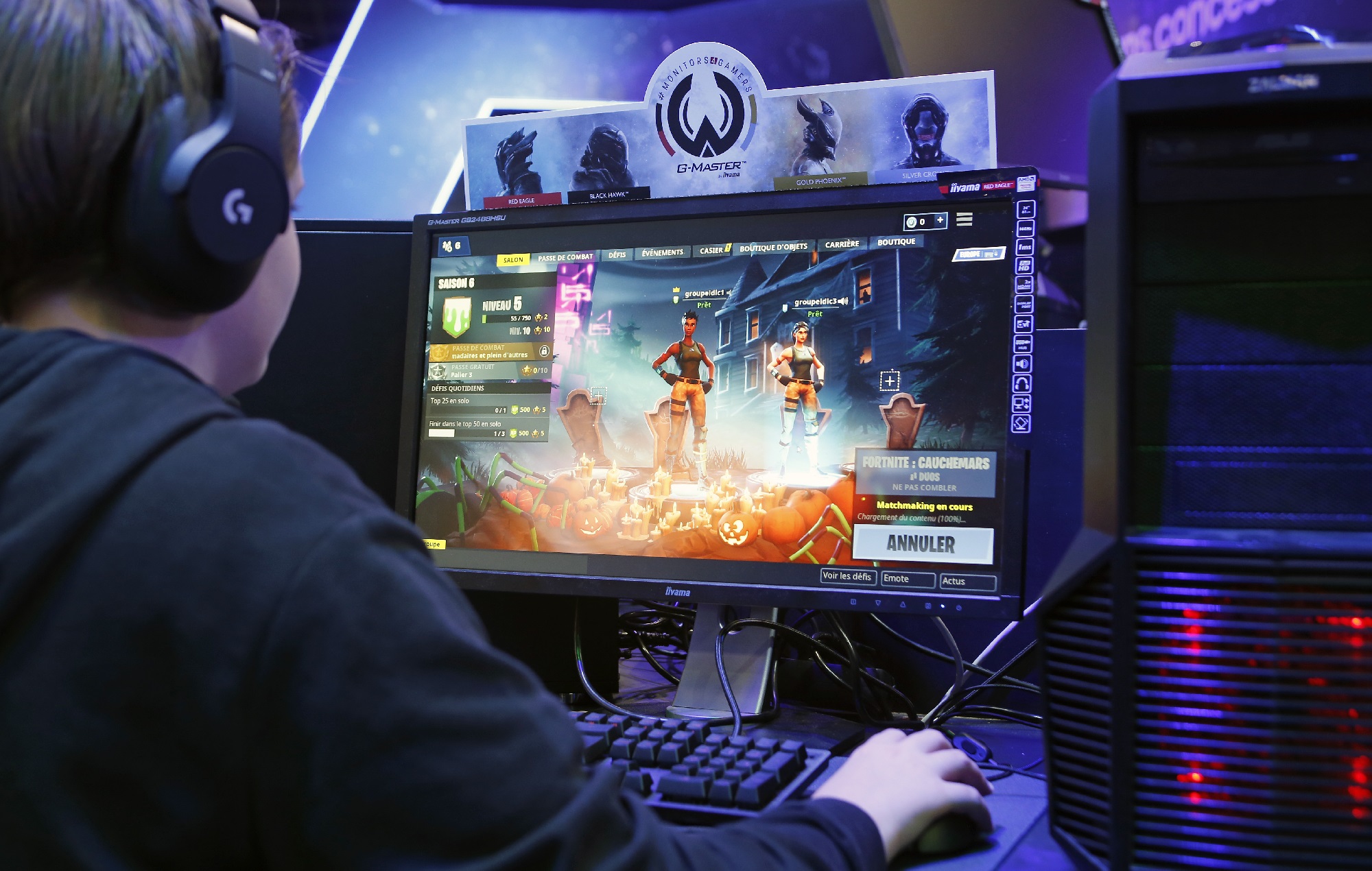
There’s a lot that’s alluring about being a rock star – the chance to live the dream as a larger-than-life figure on stage playing to a packed stadium of rapturous fans, followed by the whirlwind highs of touring and partying to excess. That was once a part of Johnny Galvatron’s life in the late 00s when he founded the band The Galvatrons – the name, including the frontman’s own last name, taken from the robot character in 1986’s The Transformers: The Movie, and inspired by its electronic glam metal soundtrack. Of course, there was quite the gulf between the fantasy and reality of being a “mid-tier band” in Australia, by his own admission.
“It’s not a life of grandeur and luxury, it’s a life of ten people sleeping in the same hotel room in regional Australia and people asking you to play old Australian rock songs and throwing bottles at you,” he reminisces to me over Zoom, laughing about it behind a pair of sunglasses.
Although Galvatron can sound jaded about his time with the band and on the road (“when I came home after five years, I was like, I never want to leave the house again”), that was ultimately not what attracted him to the rock star life. “The Galvatrons were more of a concept than a musical act, it was more of a package of understanding the visuals and the attitude behind it. The problem was all those satellite aspects were way more important to me than making the music!”

Yet his post-band career move to game development under studio name Beethoven & Dinosaur isn’t quite the bizarre choice as you might assume. If the Transformers reference wasn’t already a giveaway, Galvatron has always been a geek (“one of the animators came to our show and gave me an original drawing of Galvatron – that’s like one of my treasured possessions”), having also studied computer animation at university before a record deal with Warner Bros swept him off to a life of touring shortly after graduation.
“If you’d seen our tour videos, I’m just in the corner reading sci-fi novels and writing game ideas. I was always a really big gamer since the Sega Master System,” he adds. During his time on the road, he was even dabbling in freelancing on the side, writing articles and reviews for gaming publications, as well as creating short games on the band’s laptop.
If anything, making a game turned out to be the perfect avenue for realising both his musical and artistic ambitions. “The Artful Escape is what I thought being a rock star would be in a crazy extended fictitious way,” he says. “I think that was far more satisfying in a fantasy land than in reality”.

The Galvatrons certainly had their highlights, playing festivals and stadiums with legendary acts like Def Leppard and Cheap Trick, but more often than not they found themselves away from the glamour of the big cities and touring what’s referred to as regional Australia.
“In America, you can tour, you can go to major capital cities and do a 50-show run. In Australia, every regional town pretty much looks the same, it’s hard to distinguish where you are,” says Galvatron. “You’re driving out into the middle of nowhere, to play tracks to people who’ve never heard you before. It’s rough, we were attacked many times.”
One recollection includes having to take part in an ute muster – an Australian festival made up of pickup trucks – ute is short for utility – and their owners. “You could only get to this town by ferry, I’m not sure why we were playing there, but we almost got killed,” he laughs. “It was a bad scene – they definitely weren’t ready for space glam rock!”

The Artful Escape is then very much not autobiographical – incidentally, Galvatron shares a disdain for the musical biopic – “I’d much rather watch a completely fictitious biography on David Bowie going to space and coming back as Ziggy Stardust.”
Bowie’s persona was certainly a major inspiration for the game’s narrative, which sees up-and-coming folk musician Francis Vendetti embark on a psychedelic journey across space in order to escape the shadow of his Bob Dylan-esque uncle Johnson Vendetti, and discover his own musical identity. Rather than making this a completely authored narrative, it was important for players to have the freedom to shape Francis’ identity for themselves, from his stage name, appearance and outfits, to his fantastical backstory selected through different lines of dialogue.
“We’re trying to get the point across that there are so many different ways that you can be creative around whatever you do in the satellite aspect, so I think it was important to give the player control of their backstory, the way that their image is, and the way they present themselves on stage. I think that’s just a really good use of the interactive medium,” Galvatron explains. In other words, the parts around the music that had always fascinated him take centre stage in the game.

Indeed, that almost makes the music secondary in comparison, which isn’t to say that the score isn’t memorable – composed by Galvatron with Josh Abrahams, better known as the producer responsible for the early 00s banger Addicted To Bass – but rather that it doesn’t call for the demanding dexterity and timing that’s usually associated with music-based games. Guitar Hero or Parappa The Rapper this is not.
“The story isn’t about Francis becoming a better guitar player, he’s already a prodigy,” explains Galvatron. “The story’s about him building a persona. So I wanted the guitar to feel like the way Batman fights in the Arkham games – it’s overpowered and ridiculous!” In the game’s platforming sections, just by holding a button has Francis shredding perfect chords from his guitar, causing the nearby object or creatures to react, while its power also keeps him in the air almost like Yoshi’s flutter for crossing wide chasms. “The guitar should just be effortless, like playing Smells Like Teen Spirit. We tried to approach the guitar playing with that vibe more than having DragonForce notes flying at you!”
The Artful Escape has been in development about as long as Galvatron had been touring as The Galvatrons, certainly a longer than when it was first envisioned as “a little iPad app” until, as often happens, his ideas spiralled out of control (it’s nonetheless also launching on iOS as part of Apple Arcade). There have been trials and tribulations, including a failed Kickstarter before it was picked up by boutique publisher Annapurna Interactive, multiple delays, and of course a pandemic, not to mention the devastation of having his inspiration Bowie pass away during development. But with the game ready to be shared with the world this week, Galvatron’s already fired up to make another one.
“It was the hardest thing I ever did, it made me get grey hairs and took ten years off my life – that doesn’t matter. I loved making this game, it’s just been an amazing privilege,” he says, while laughing off my suggestion of a possible comeback for The Galvatrons. Just like how Francis’ journey is about realising he’s meant for space rock opera rather than serious folk music, so it is that Galvatron’s passion was always about making games. “I’m also not a very good partier, I couldn’t carry that Keith Richards torch. I’ve always been someone who really would prefer to stay in and play games.”
The Artful Escape launches on Xbox Series X|S, Xbox One, PC, and iOS on September 9.
The post ‘The Artful Escape’ lets you live the fantasy of a rock star, made by a former rock star appeared first on NME.






